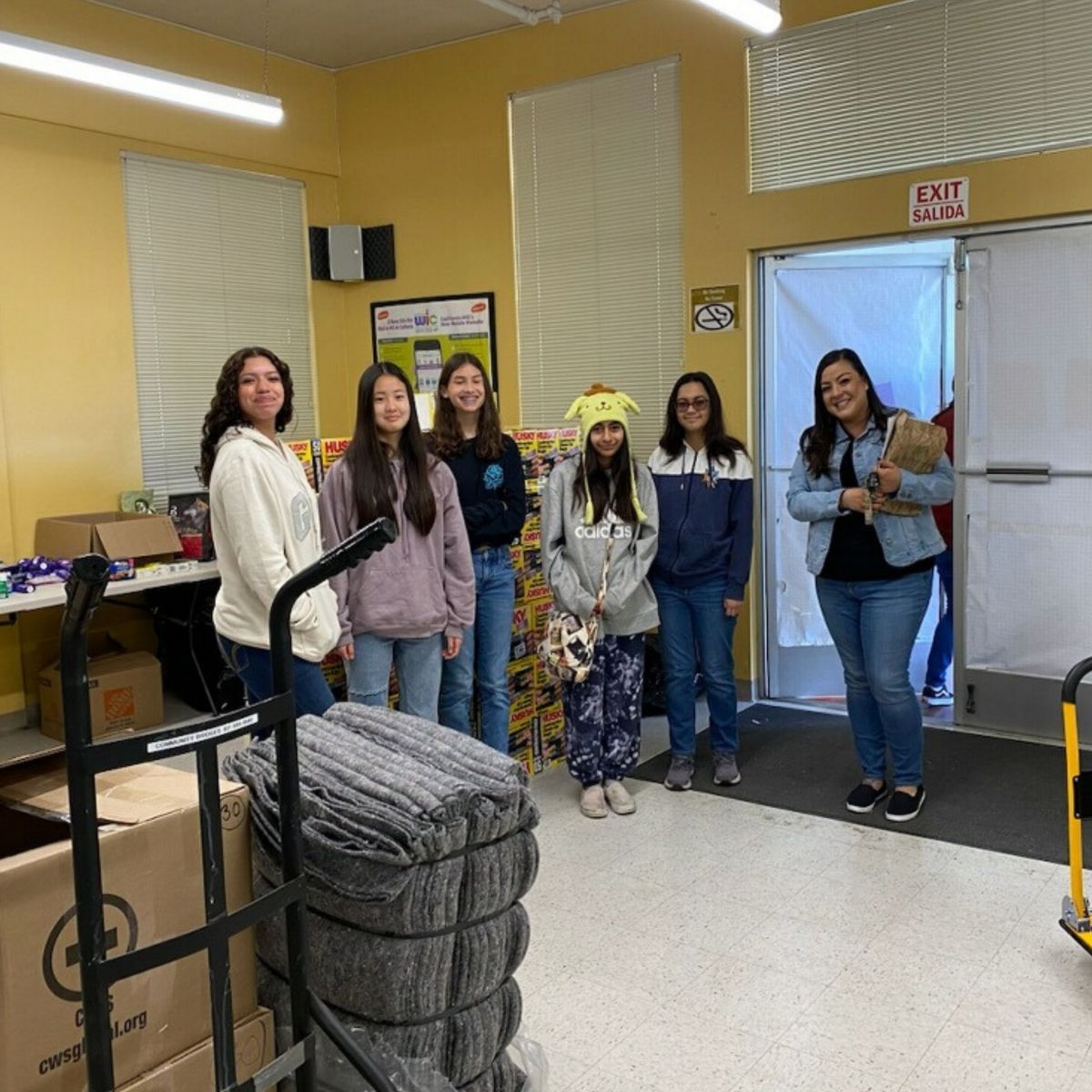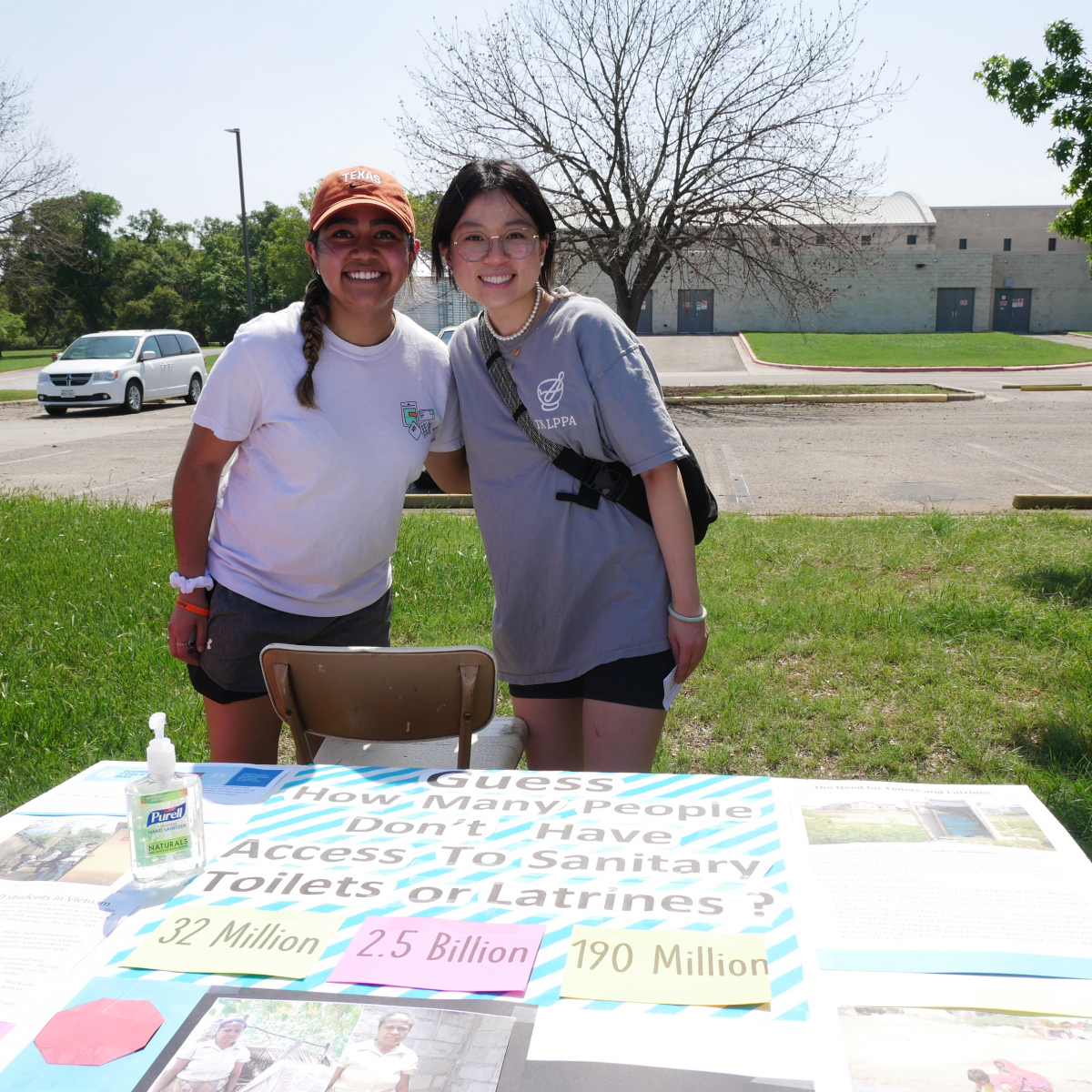A Letter to the Church in America
Dear American Church,
I am writing to you today with deep concern for the vulnerable among us, drawing inspiration from the teachings of the Apostle Paul in his letters to the early Christian communities. As Paul exhorted the Roman Christians to live transformed lives in Christ, I want to urge the church in America to embrace community-driven transformation rooted in compassion, justice and love for all.
Community-driven transformation is a process where community members play a central role in identifying needs, setting priorities and taking action to address challenges and opportunities. Community-driven transformation fosters a sense of ownership, empowerment, and collaboration, where individuals, organizations, and institutions come together to work towards shared goals and aspirations. By engaging in community-driven transformation, the church can influence and lead lasting change by enhancing the overall well-being and resilience of all its members.
In Romans 12, Paul emphasizes the practice of hospitality, encouraging believers to show kindness and care to strangers and guests. Hospitality is not merely a gesture of politeness; it mirrors Christ’s love for all people, extending beyond the confines of our immediate Christian circles. We are called to open our hearts and extend our hospitality beyond the church walls, welcoming all who enter our midst with love.
As the church in America, we have a sacred responsibility to actively engage in community-driven transformation, reflecting Christ’s teachings and exemplifying His life. In collaboration with Church World Service, the church can address pressing societal issues and foster thriving communities for all.
Poverty Alleviation: Following Christ’s Example of Compassion: The teachings on caring for the poor, marginalized, and vulnerable are consistently repeated throughout the Gospels. Poverty alleviation stands central to Christ’s heart. Just as Jesus fed the hungry, healed the sick, and embraced the outcasts, the church should follow His example and actively participate in poverty alleviation efforts. By joining hands with Church World Service through initiatives like the CROP Hunger Walk, the church can respond effectively to the immediate needs of vulnerable community members. Learn more about the impact CROP Hunger Walks are having on communities across the United States, including our neighbors in Austin, Texas.
Welcoming Refugee Newcomers: Embodying Christ’s Hospitality: Reflecting God’s heart, the church should embody hospitality and embrace refugees and other displaced populations, embodying Christ’s hospitality towards the stranger. The Bible consistently reminds us of God’s heart for the displaced and oppressed, compelling us to play a vital role in community-driven transformation by welcoming and supporting newcomers. Partnering with Church World Service through sponsorship and support of Church World Service network sites allows the church to provide newcomers with essential support, facilitating newcomers’ integration into new communities and fostering a sense of belonging. Learn how a group of five dedicated women in Danbury, Connecticut worked alongside three Afghan newcomers as they acclimated to life in the United States following the fall of Kabul. integration into new communities and fostering a sense of belonging.
Provide Support to Unaccompanied Children: Demonstrating Christ’s Heart for Children: Jesus’s love for children is a profound testament to His compassion and care for the vulnerable. In the Gospels, we see how He welcomed children, held them in His arms, and blessed them. His words, “Let the little children come to me and do not hinder them, for to such belongs the kingdom of heaven,” (Matthew 19:14 ESV) emphasize the significance He places on their well-being. By partnering with Church World Service and supporting efforts to welcome unaccompanied children, like Cassandra, the church can demonstrate Christ’s love in a tangible way, providing them with a sense of belonging, support, and hope while working diligently to create a world where they can thrive.
Community Preparedness for Disaster: Being Christ’s Hands of Relief: The church’s mission encompasses both spiritual care and practical assistance during crises. Disasters can strike unexpectedly, leaving communities vulnerable and in urgent need of support. As the church, we can demonstrate community-driven transformation by actively engaging in disaster preparedness and response. By partnering with Church World Service to provide kits and blankets, and collaborating with local emergency response organizations, like Community Bridges, we can be instrumental in providing critical assistance and saving lives.
Champion Justice: Being Christ’s Voice for the Oppressed: Rooted in the teachings of Christ, our faith compels us to actively address these pressing issues with compassion and unwavering dedication. By raising our voices in advocacy, we can challenge the structures and systems that perpetuate inequality and marginalization, and call for policies that promote human dignity and well-being. As followers of Christ, we are called to be instruments of positive change, fostering solutions that not only alleviate immediate needs but also address the root causes of these challenges. Through collaborative efforts with CWS, we can support sustainable development initiatives, promote equitable access to resources, and advocate for policies that prioritize the rights and welfare of the most vulnerable. Our collective advocacy empowers us to make a significant impact, demonstrating the transformative love of Christ and contributing to a more just, compassionate, and sustainable world for all.
Embracing community-driven transformation is the very essence of Christ’s mission for the church, reflecting Christ’s boundless love and compassion for all humanity. We are called to be His hands and feet.
It is my prayer that the church becomes….
- a fearless advocate for systemic change.
- a disruption to injustices, dismantling the barriers that keep the vulnerable in our communities oppressed.
- a radiant beacon of hope, inspiring communities to rise together for the common good.
- a welcoming embrace to everyone, creating a haven of acceptance, where every soul finds belonging and support. Where our care is a transformative display of God’s love in action, ushering light into the darkest corners.
- a healer of the broken-hearted, a refuge of strength and empowerment for the marginalized, empowering them to soar to new heights.
- a comfort to those in a time of need when disaster strikes.
- a catalyst for transformational change within its local communities.
I believe together we can actively build a more inclusive, compassionate, and resilient society where everyone has food, a voice, and a safe place to call home.
With Love,
Stacey Clack
CWS Director for Community Transformation and Belonging
Learn more about how you and your faith community can be a catalyst for community-driven transformation and subscribe to our Community Engagement Newsletter here.





